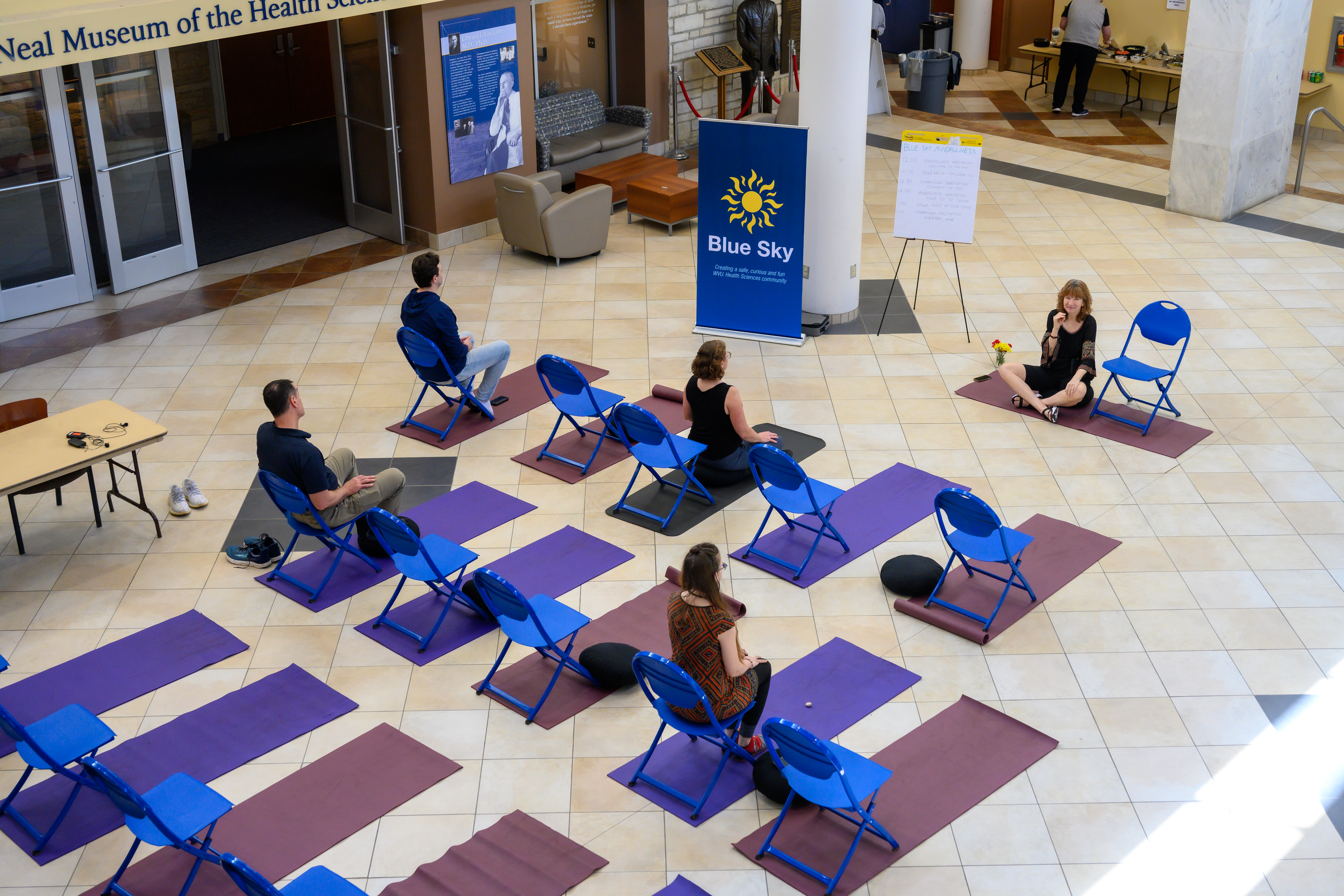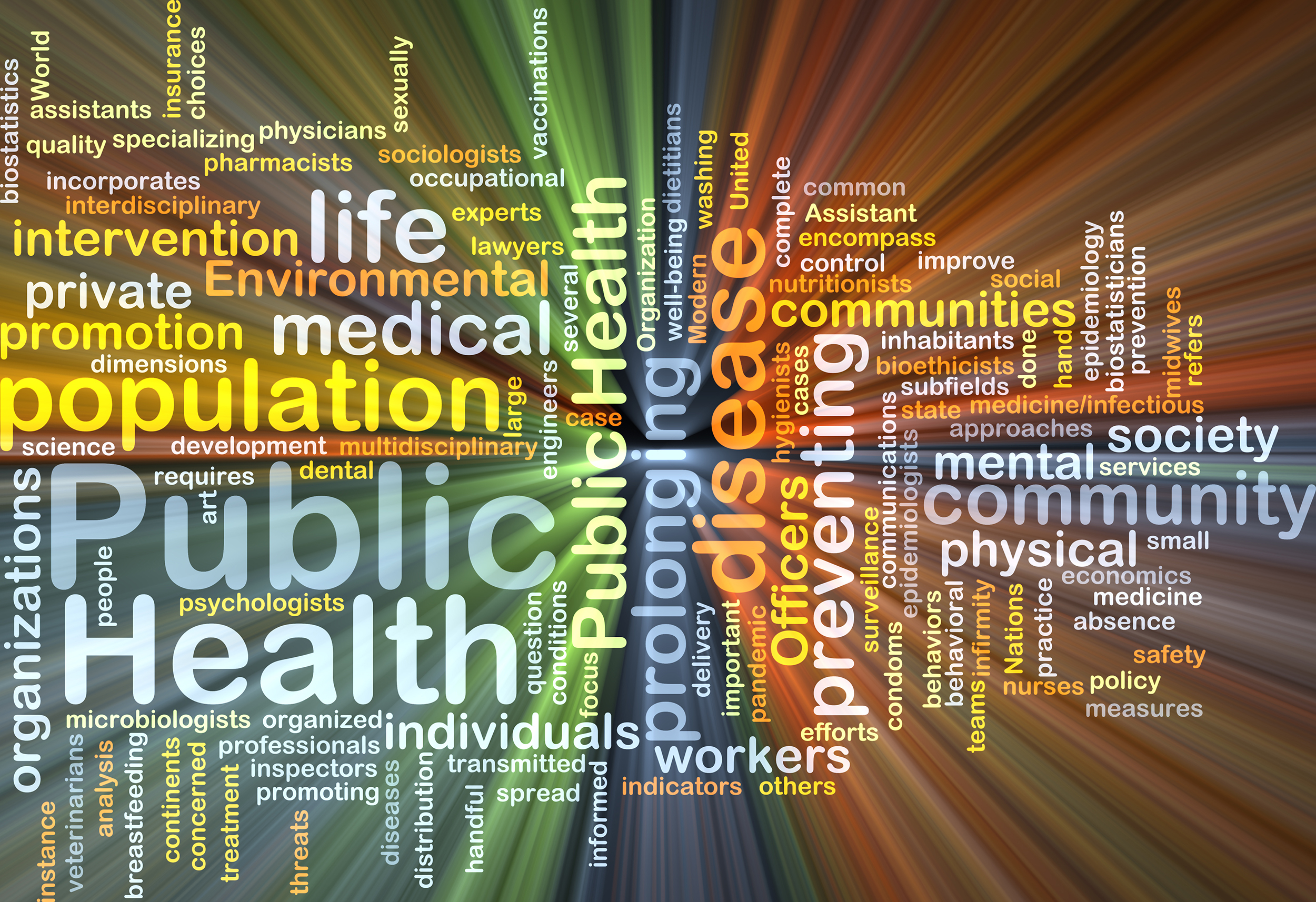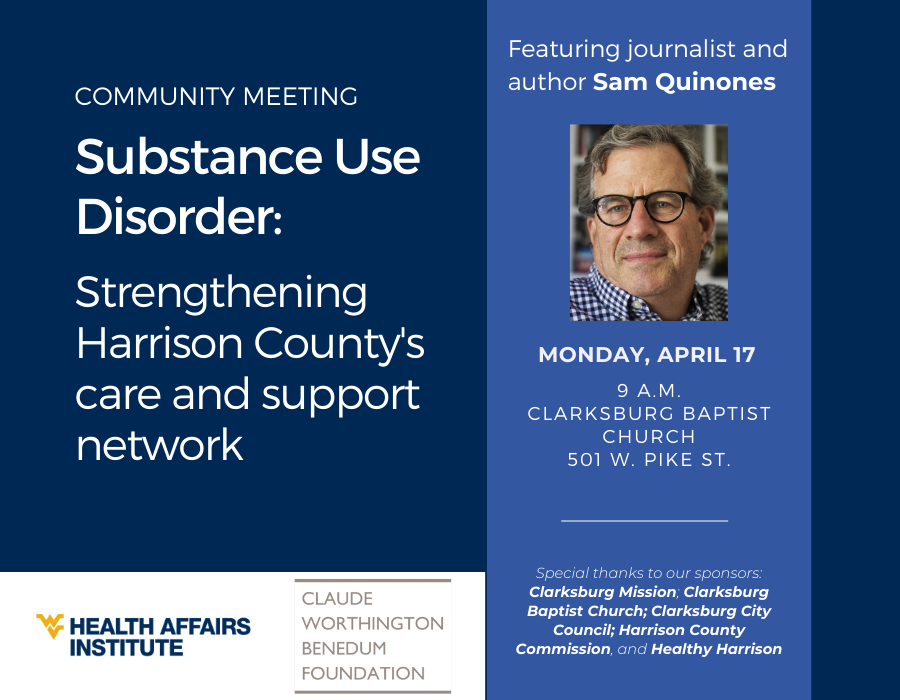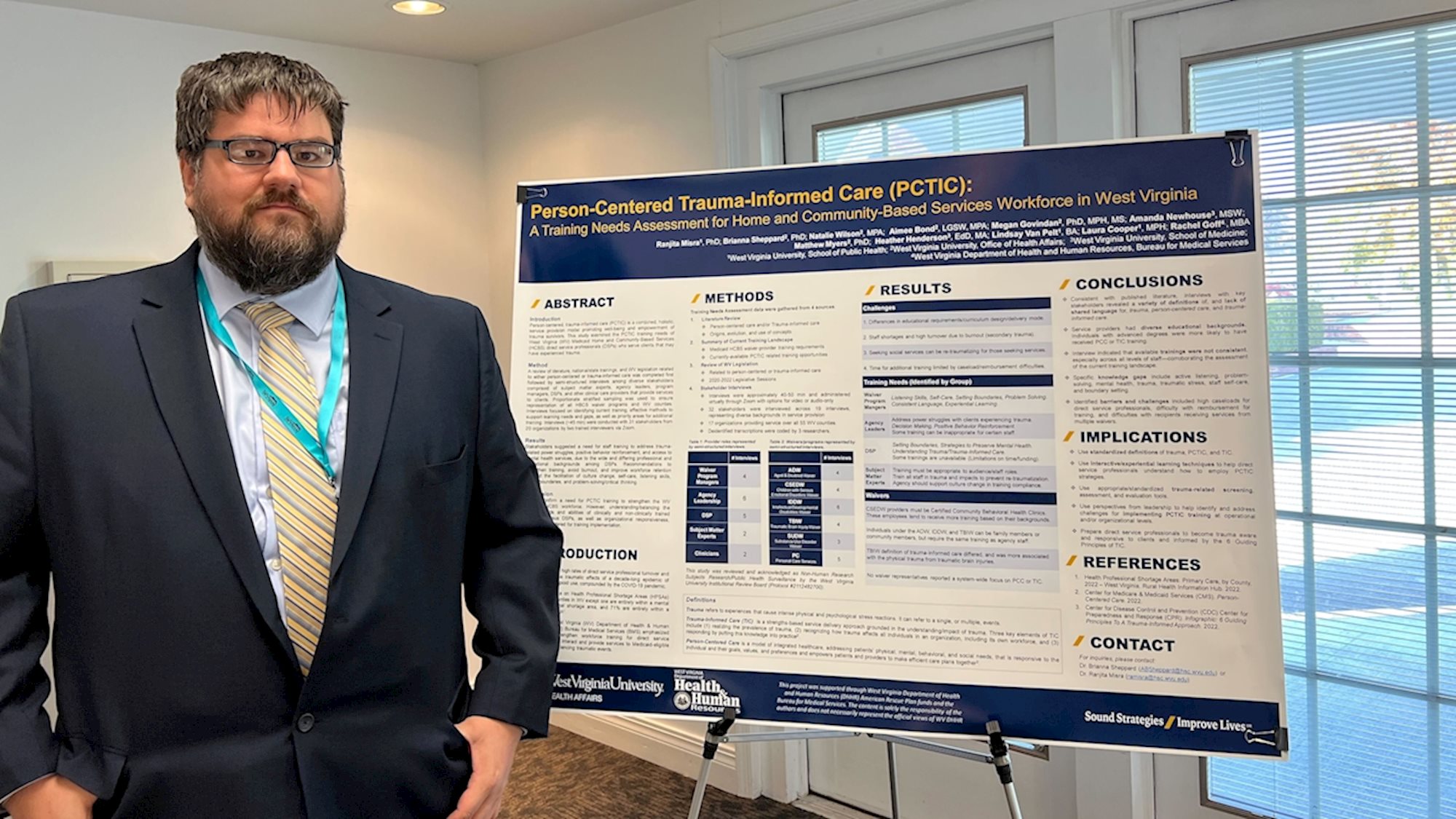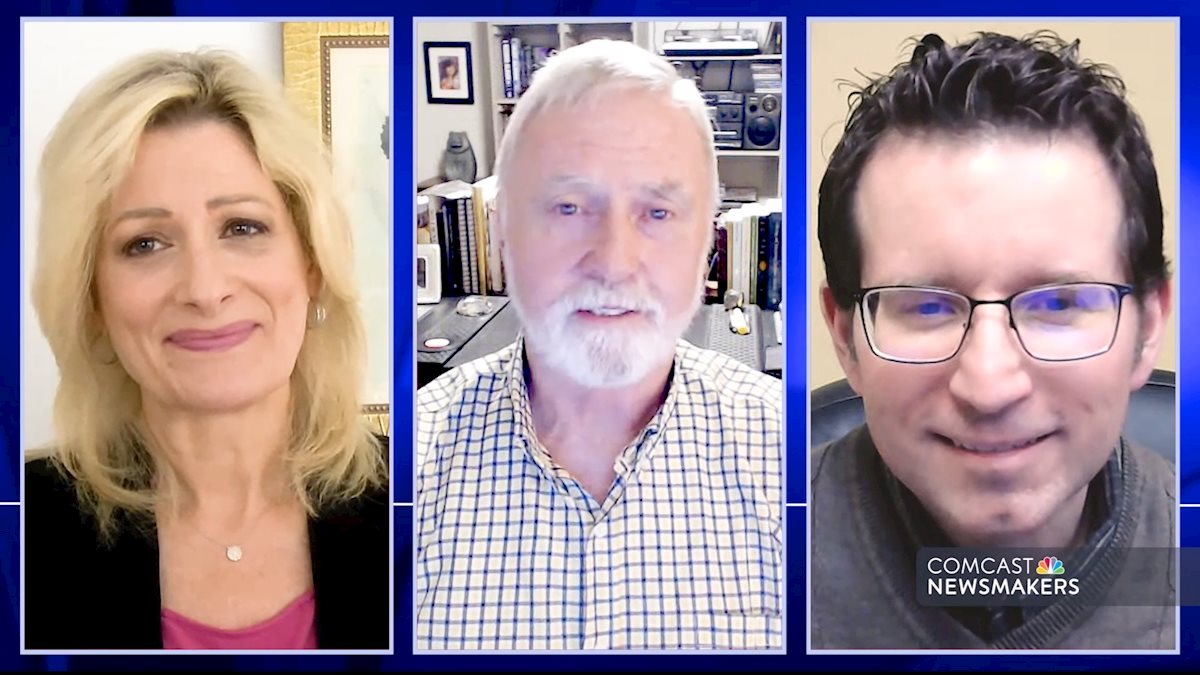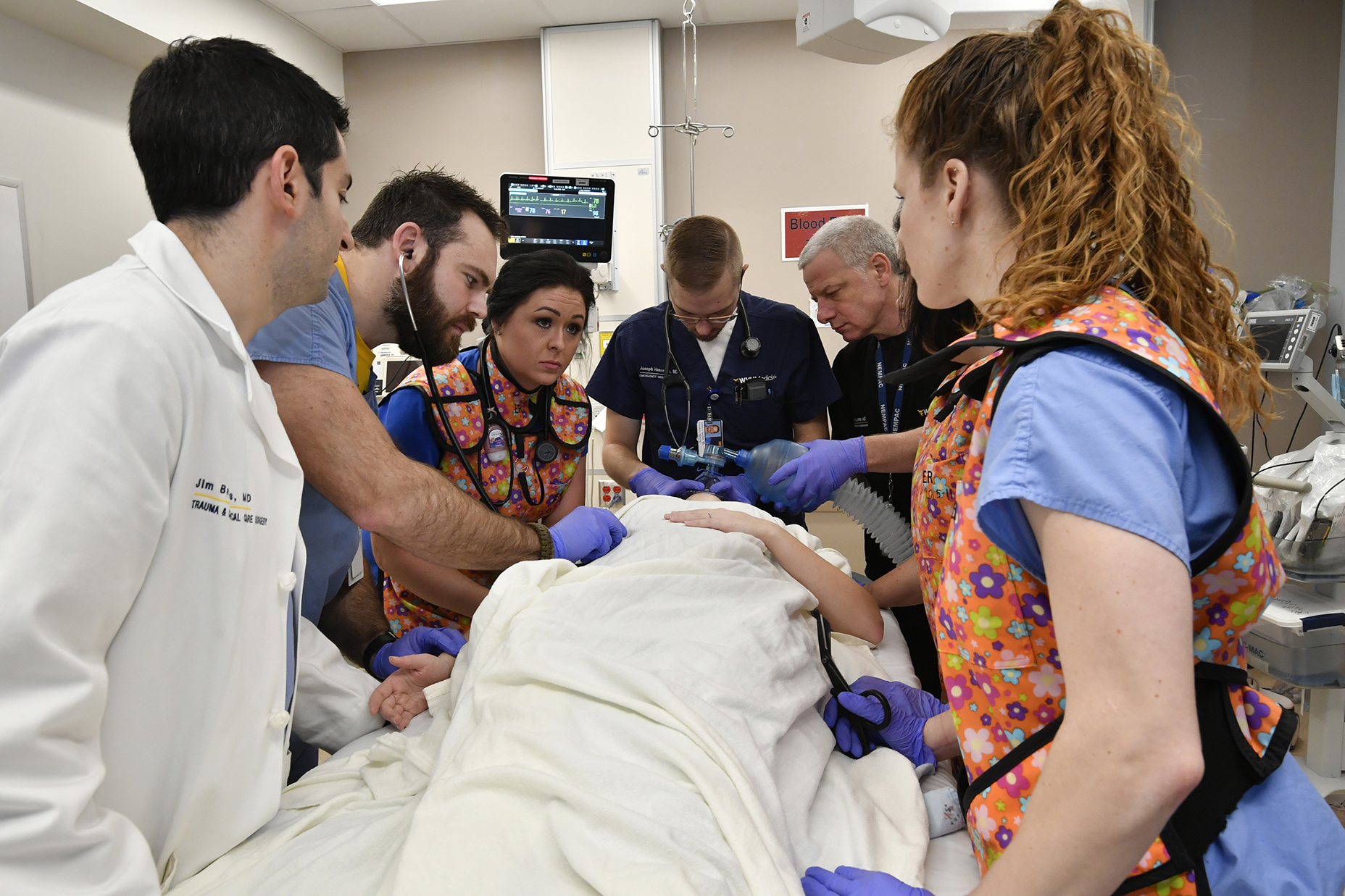New West Virginia health survey aims to better inform policy makers to help deliver resources to communities in need

A new, biennial West Virginia population-based health survey—the Mountain State Assessment of Trends in Community Health—will gather information to help health officials and policy makers better understand the critical health needs of all 55 West Virginia counties, with the goal of directing resource allocations to communities that need them most.
The MATCH is a partnership between the West Virginia University Health Affairs Institute and four West Virginia Department of Health and Human Resources bureaus—Medical Services, Behavioral Health, Children and Families and Public Health.
The survey will collect information from respondents about general physical wellness, ability to access needed health care, chronic diseases and their impact on general wellness, food security, financial stability, and mental well-being. The results will be shared with health departments, non-profit organizations, and other state leaders to better inform decision-making.
“Data-driven decision-making leads to better health policy, and better health policy leads to healthier West Virginians,” said Summer Hartley, Interim Associate Vice President for the Health Affairs Institute. “The MATCH survey will yield data essential for ensuring that health resources reach our communities most in need.”
The MATCH team aims to collect accurate information for all 55 counties. Roughly 88,000 surveys will be mailed to randomly selected West Virginia households. About 7 percent, or one in every 14, adult West Virginia residents will be sampled. If a household is selected to participate, they will receive an invitation with a choice on how they would like to complete the survey—either online, by mail or by phone. The survey will take 20-to-30 minutes to complete.
The information collected in this survey is confidential and no individually identifiable data is retained or used in any reports. This survey has also been reviewed and approved by WVU’s Institutional Review Board, which is responsible for protecting the rights of survey participants.
Participation in the survey is completely voluntary. Taking, or not taking the survey will not change any state benefits you may be eligible to receive now or in the future.
“We want your voice to be heard by our leaders—by the people who are making laws and policies and creating opportunities for investment and helping your life be better, helping you be healthier, helping your family get access to the healthcare they need, and helping your communities get stronger and better,” said WVU’s Vice President and Executive Dean for Health Sciences Dr. Clay Marsh. “If we don’t hear from you, we won’t be able to share that critical information.”
Results of the survey will be available in 2022 on the MATCH website.
To learn more, visit WVMATCHsurvey.org, call 304-581-1928 or email WVMATCHsurvey@hsc.wvu.edu.



